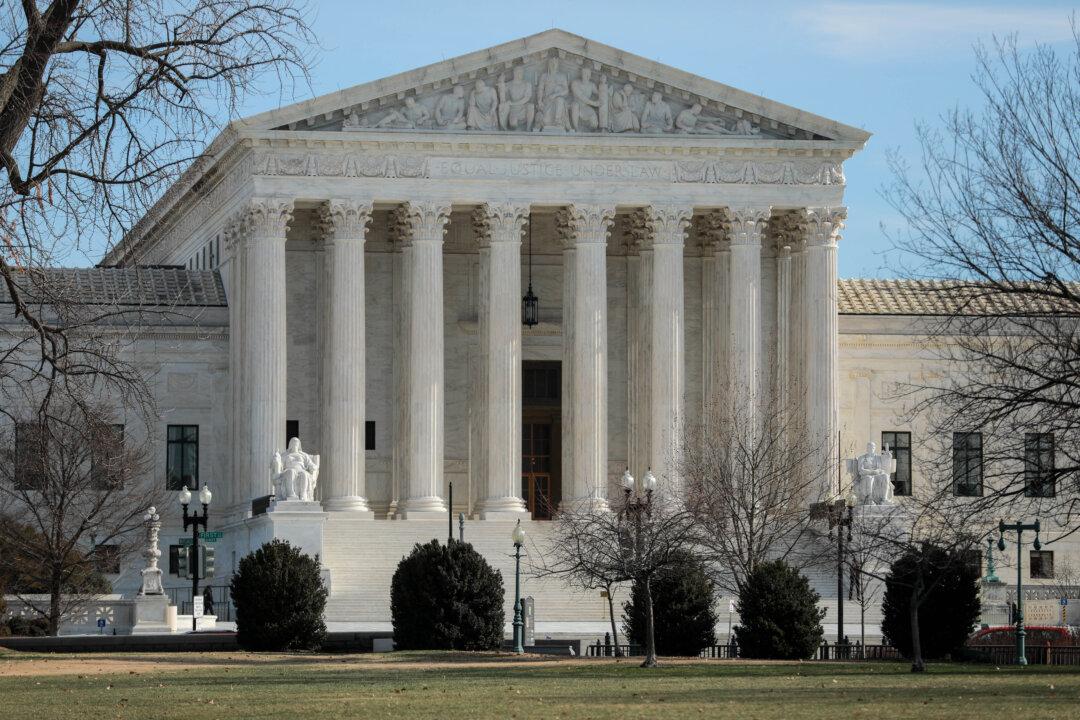Two Christian students have asked the U.S. Supreme Court to review a lawsuit against a Georgia College, claiming that the college’s speech zone and speech code policies violated the students’ First Amendment rights.
Chike Uzuegbunam and Joseph Bradford, who were both students at Georgia Gwinnett College (GGC) at the time when the lawsuit was filed, sued multiple GGC officials challenging two policies in the GGC’s Student Handbook: the “Freedom of Expression Policy” and the “Student Code of Conduct” that they say prevented them from exercising their freedom of speech and freedom to exercise rights, according to Alliance Defending Freedom (ADF), the religious rights law firm representing the students in the case.




